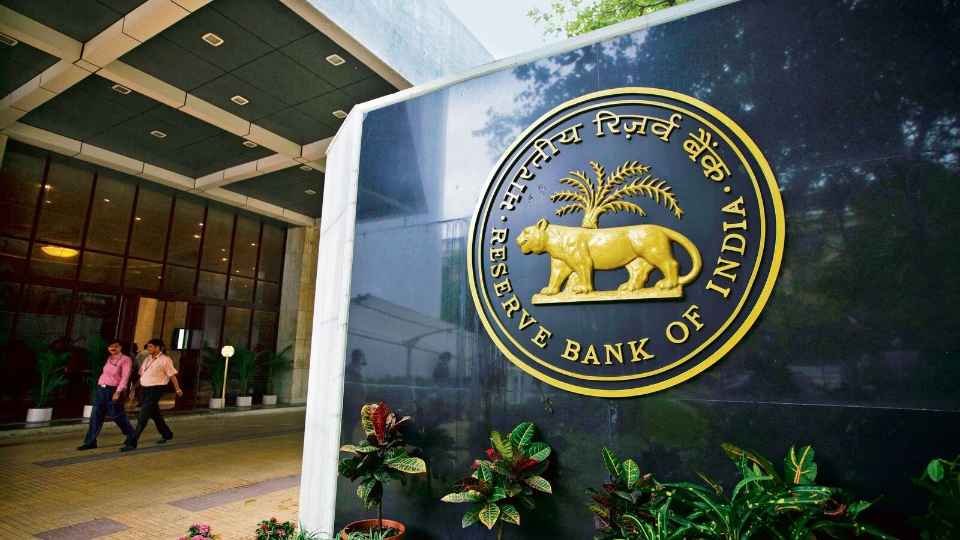Reserve Bank of India (RBI) Contemplates Major Changes in Credit Card Payments. The Reserve Bank of India (RBI) is on the brink of a significant decision concerning credit card transactions. Payments for rent, society fees, tuition, and vendor charges via credit cards may soon be restricted, RBI indicates. “The RBI objects to this practice, stating credit cards are for business-to-customer, not personal, transactions.”
“RBI Implements Ban on Credit Card Payments for Certain Transactions: Key Decision Announced”
The central bank requires recipients beyond cardholder and merchant to have a business account for transactions. This delineation is crucial, as there exist distinct regulatory frameworks and standards governing personal and business transactions. Adhering to these regulations is imperative to ensure compliance within the financial ecosystem.
In recent years, there has been a surge in the use of credit cards for non-traditional payments. According to RBI disclosures, credit card transactions totaled nearly Rs. 1.5 lakh crore in February alone, marking a significant 26 percent year-on-year increase. A substantial portion of these transactions pertains to rent, tuition, and society fees.
The proliferation of fintech companies offering credit card-based rent payment solutions has contributed to this trend. Credit cardholders can use these platforms to pay rent through a designated account, which then transfers to the landlord’s bank. However, such services often levy charges ranging from one to three percent for this convenience.
Despite these charges, consumers stand to benefit from using credit cards for non-traditional payments. One notable advantage is the extended credit period, typically up to 50 days, providing a cash flow buffer even in the absence of liquid funds. Additionally, many credit card issuers offer cashback rewards and loyalty points, further incentivizing card usage. Some providers even waive annual fees, subject to predefined spending thresholds.
In response to the RBI’s impending directives, banks have begun implementing measures to curtail such transactions. Many have ceased offering reward points on certain charges, while others have excluded rent and tuition fee payments from qualifying towards spending limits necessary for annual fee waivers.
The RBI’s scrutiny underscores the need for aligning credit card usage with its intended purpose: facilitating business transactions between merchants and customers. By restricting non-traditional payments, the RBI aims to reinforce regulatory compliance and maintain the integrity of the financial system.
In conclusion, while credit cards offer convenience and perks, their usage for personal transactions beyond the purview of traditional commerce raises regulatory concerns. The RBI’s anticipated intervention signals a recalibration of credit card usage norms, emphasizing adherence to established regulations and fostering financial prudence among consumers and businesses alike.







